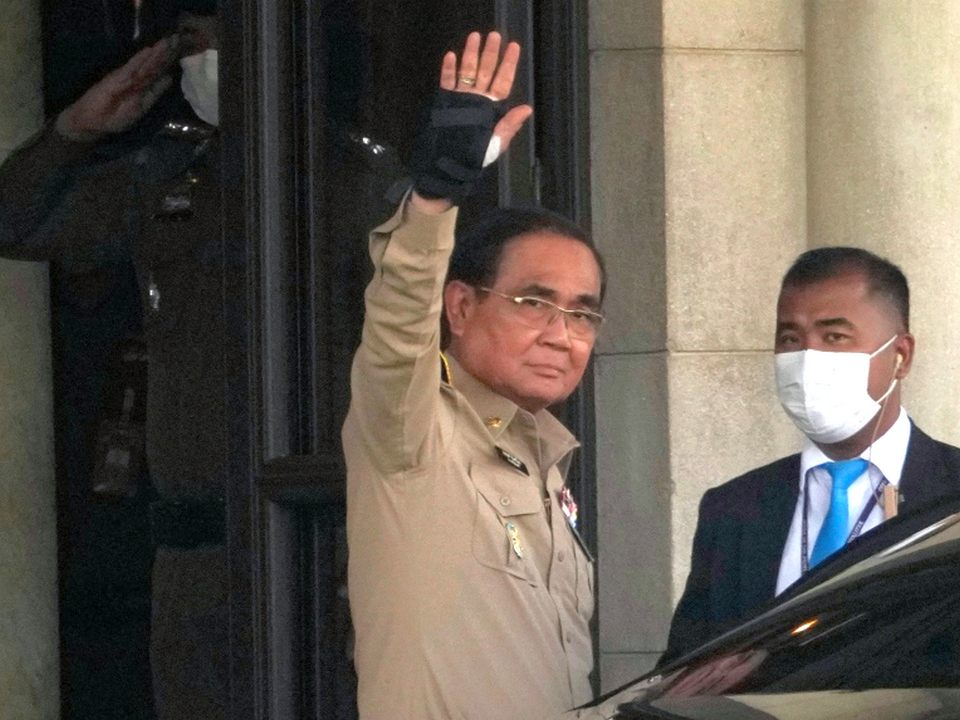
Now that a royal proclamation has now formally dissolved Thailand's parliament, the stage is set for a May general election. The Pheu Thai party, the favored opposition party in all recent polls, is pitted against the Bangkok-based "establishment", spearheaded by the military. Yet the ideologies in play are far more complex than populist left-wing radicals versus the conservative royalists.
The current prime minister, general Prayut Chan-o-cha, masterminded the 2014 coup and subsequently led a military-backed coalition which has now been dismantled. Yet his unpopular administration has been surprisingly liberal in aspects of social policy, for example decriminalizing cannabis as a narcotic and introducing legislation to allow abortion for the first time. Plans to decriminalize prostitution and to introduce gay marriage are still at committee stage but were approved at Cabinet level. Governments anywhere spawned by military putsches are not famous for such policies.
Meanwhile the opposition Pheu Thai, led by Thaksin Shinawatra's daughter Paetongtarn, is hardly the embodiment of leftism. The party opposes the liberal cannabis policy and has threatened to recriminalize it on taking office. It also opposes the sister opposition Move Forward Party's wishes to abandon the lese-majeste laws and to liberalize further pot smoking for leisure. In other words, the so-called alliances against the military-backed parties are by no means a united front which, perhaps, could yet create surprises on election day.
All political parties in Thailand are populist. Each one promises to raise the minimum wage, though by differing amounts, to extend banking services and credit to the general population and to help the hard-pressed farmers of Thailand's northern provinces. Really radical notions such as passing legislation to ban all future coup attempts or formally abolish the death penalty are not endorsed by any mainstream party, but only by fringe politicians leading factions.
What will determine the composition of the next parliament is maths. The Thai parliament is unique in having 500 seats, divided between single constituencies and party lists, with the added complication that the 250 unelected members of the Upper House or Senate (all appointed by the post-coup junta) can vote individually for a choice of prime minister. If Pheu Thai and its allies can win 376 seats in the parliamentary elections – more than 50 percent of the750 votes available in total – then they can become the government with their own choice of prime minister. The further away they are from that total and the more complex the bargaining will become. The fat lady may not sing immediately.



Inga kommentarer:
Skicka en kommentar